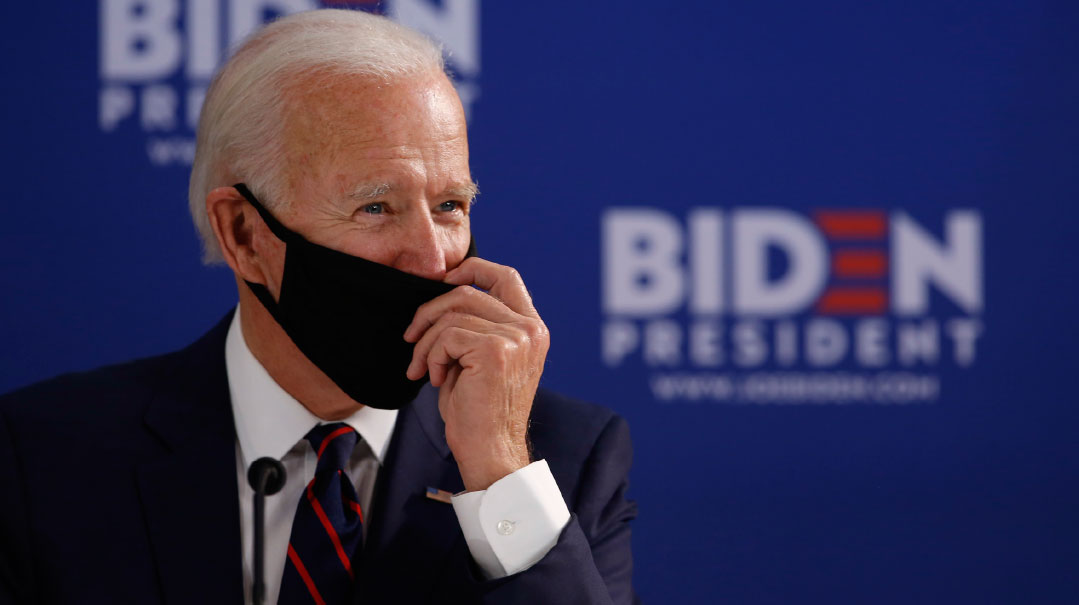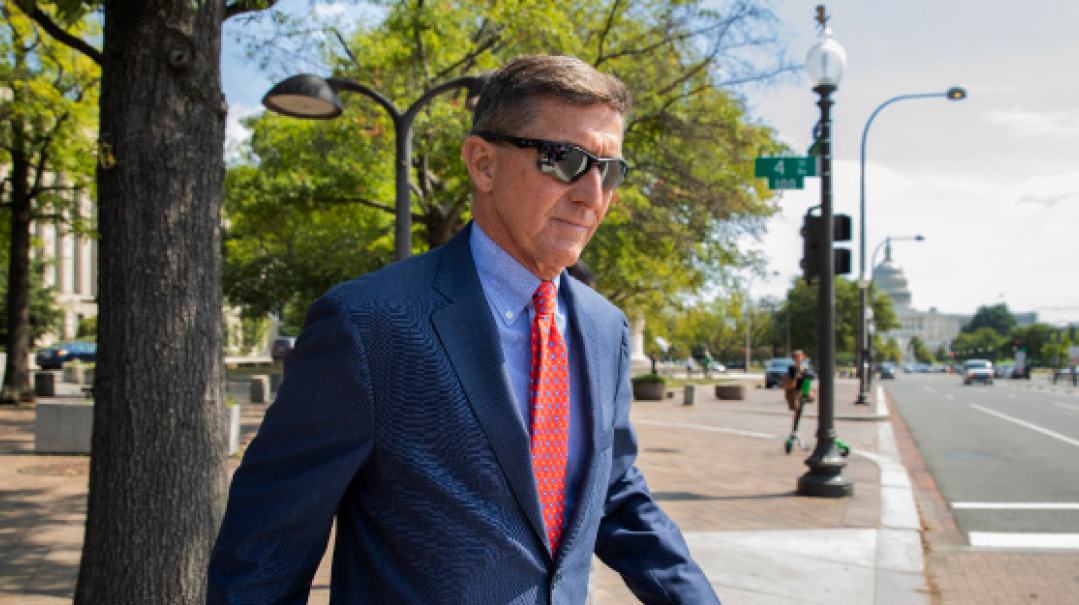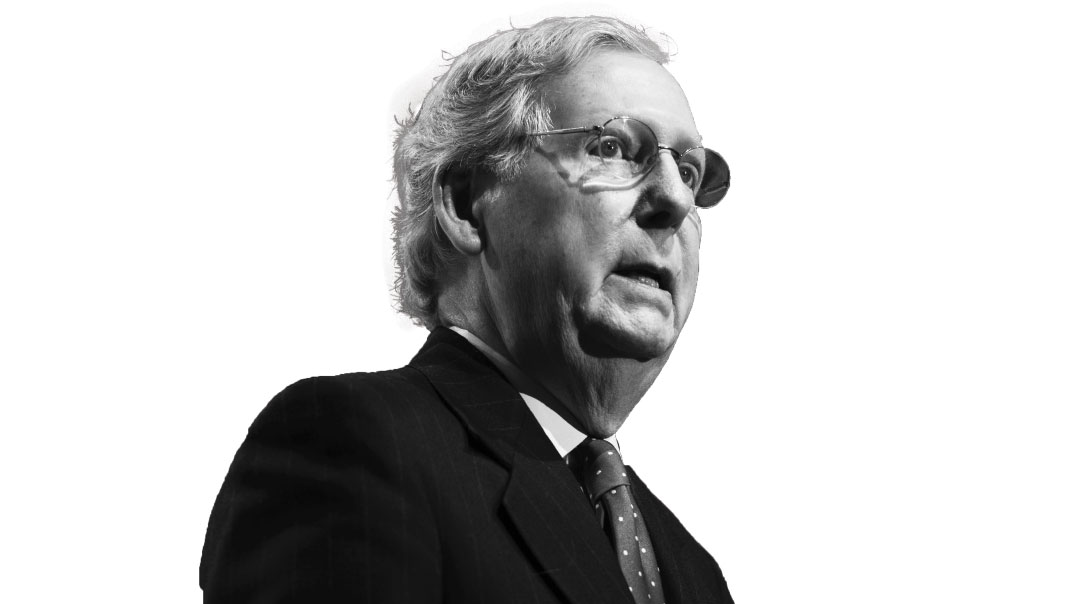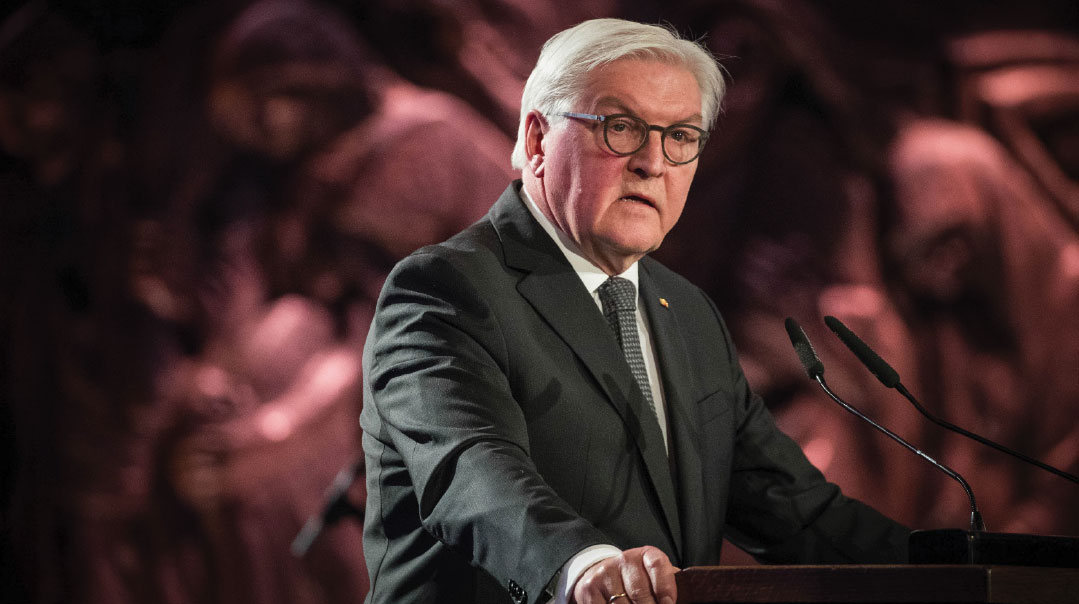Bark Worse Than Bite
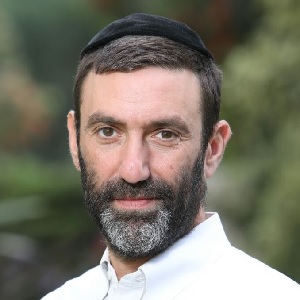

It was one of those moments that seemed fantastical just two years ago, when Barack Obama was sitting in the White House.
National Security Advisor John Bolton was in the press briefing room to announce the Trump administration’s plan to pull out of two international treaties (one with Iran, the other that affects the Palestinians) when he took a question from a young reporter. Is it “productive,” she asked, to refer to a “so-called state” of Palestine — as he had just done — when President Trump recently reaffirmed his support for a two-state solution?
“Yeah, sure. It’s not a state now,” Bolton explained, on October 3. “It does not meet the customary international law test of statehood. It doesn’t control defined boundaries. It doesn’t fulfill the normal functions of government.… So calling it the so-called state of Palestine defines exactly what it has been, a position that United States government has pursued uniformly since 1988, when the Palestinian Authority declared itself to be the state of Palestine… We have consistently, across Democratic and Republican administrations, opposed the admission of ‘Palestine’ to the United Nations as a state because it’s not a state.”
John Bolton. National Security Advisor. In the White House. Explaining to a reporter that there’s no such thing as the So-Called State of Palestine. Somebody wake me up.
The administration had withdrawn from the treaties — one, a 1955 treaty of amity between Iran and the United States, and the other a convention that governs a small part of diplomatic relations — after Iran had sued the United States at the International Court of Justice over renewed economic sanctions and the Palestinians had appealed to the ICJ over the United States’ decision to move its embassy to Jerusalem. In the first case, the court found mostly in the United States’ favor, but said that sanctions on essential goods and food should be lifted. In the second case, the United States withdrew from the convention in question — the Optional Protocol to the Vienna Convention on Diplomatic Relations — before the court could decide one way or another.
At the White House press briefing, Bolton was explicit in describing the reason for the Trump administration’s moves.
Look, this is really — has less to do with Iran and the Palestinians than with the continued consistent policy of the United States to reject the jurisdiction of the International Court of Justice, which we think is politicized and ineffective. It relates, obviously, in part, to our views on the International Criminal Court and to the nature of so-called purported international courts to be able to bind the United States.
Translation: the international court isn’t going to tell us what to do and we will take extreme action, like pulling out of international treaties, to make that point.
The next day, the Trump administration released its National Strategy for Counterterrorism, the first update to the document since 2011. Here, too, the administration struck a strong tone, but unlike the unilateralism of the previous day, the new strategy contains a good amount of multilateral burden-sharing.
Once again, John Bolton made the announcement, singling out Iran as “the world’s central banker of international terrorism” and outlining steps to counter Tehran and other terror sponsors. But the strategy largely follows the policies first delineated by the Bush II and Obama administrations. It seeks to build partnerships to disrupt terror financing and to extend the long arm of the US military by striking terrorists everywhere they may be found.
While Trump has angered critics with calls for keeping Guantanamo Bay Prison open, building a border wall (in part as a defense against terrorist elements), and banning travel from certain Muslim countries, liberal commentators were by and large encouraged with this document. “All told,” wrote Joshua Geltzer, who served on the National Security Council during the Obama administration, “the counterterrorism professionals — whose views are largely reflected in this strategy — have maintained their focus, even as the Trump White House continues to indulge in unhelpful rhetoric and even counterproductive, politically driven policies.”
Like with other things Trump, the bark is worse than the bite.
(Originally featured in Mishpacha, Issue 731)
Oops! We could not locate your form.







